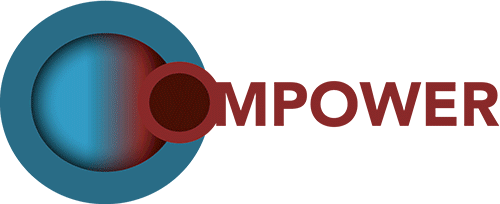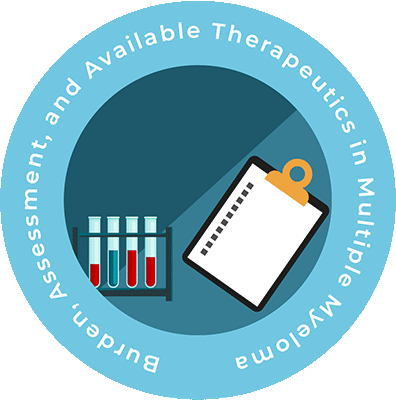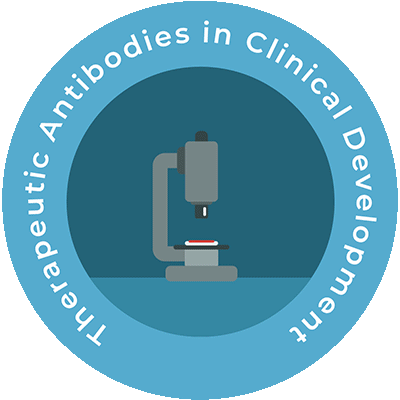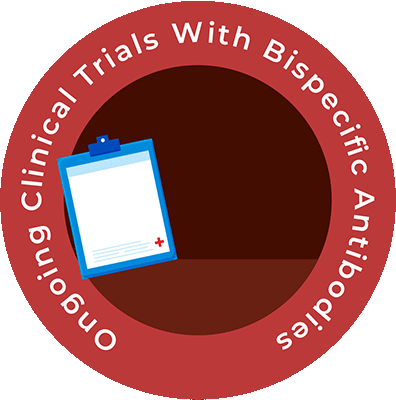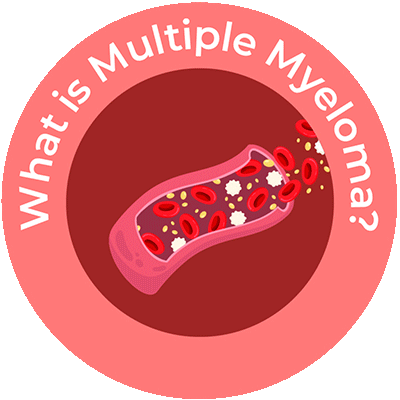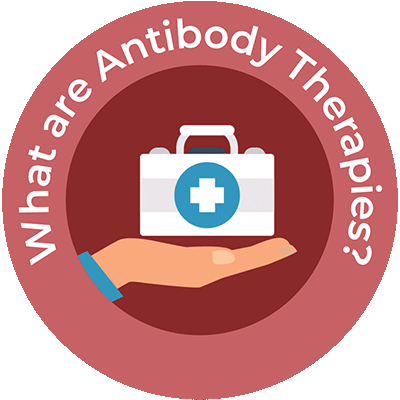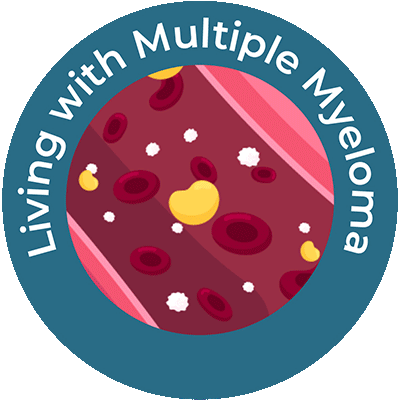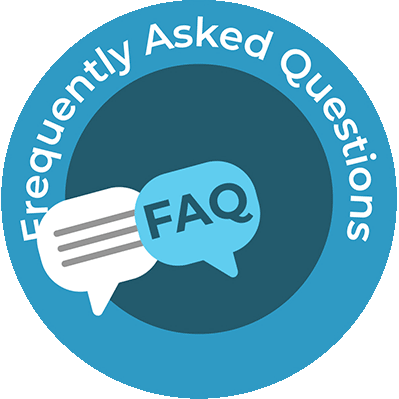This activity is provided by Med Learning Group.
This activity is supported by an independent medical education grant from Regeneron Pharmaceuticals, Inc.
Copyright © 2024 Med Learning Group. Built by Divigner. All Rights Reserved.
References
- National Comprehensive Cancer Network®. NCCN Clinical Practice Guidelines in Oncology. Multiple Myeloma. Version 5.2022. Published March 9, 2022. https://www.nccn.org/professionals/physician_gls/pdf/myeloma.pdf
- Siegel RL, Miller KD, Fuchs HE, Jemal A. Cancer statistics, 2022. CA Cancer J Clin. 2022;72(1):7-33. doi:10.3322/caac.21708
- Ding H, Xu J, Lin Z, et al. Minimal residual disease in multiple myeloma: Current status. Biomark Res. 2021;9(1):75. doi:10.1186/s40364-021-00328-2
- Raje NS, Anaissie E, Kumar SK, et al. Consensus guidelines and recommendations for infection prevention in multiple myeloma: A report from the International Myeloma Working Group. Lancet Haematol. 2022;9(2):e143-e161. doi:10.1016/S2352-3026(21)00283-0
- Zhang Z, Liu X, Zhao L, et al. A review on the treatment of multiple myeloma with small molecular agents in the past five years. Eur J Med Chem. 2022;229:114053. doi:10.1016/j.ejmech.2021.114053
- Yang Y, Li Y, Gu H, Dong M, Cai Z. Emerging agents and regimens for multiple myeloma. J Hematol Oncol. 2020;13(1):150. doi:10.1186/s13045-020-00980-5
- Dimopoulos MA, Oriol A, Nahi H, et al. Daratumumab, lenalidomide, and dexamethasone for multiple myeloma. N Engl J Med. 2016;375(14):1319-1331. doi:10.1056/NEJMoa1607751
- Palumbo A, Chanan-Khan A, Weisel K, et al. Daratumumab, bortezomib, and dexamethasone for multiple myeloma. N Engl J Med. 2016;375(8):754-766. doi:10.1056/NEJMoa1606038
- Facon T, Kumar SK, Plesner T, et al. Daratumumab, lenalidomide, and dexamethasone versus lenalidomide and dexamethasone alone in newly diagnosed multiple myeloma (MAIA): Overall survival results from a randomised, open-label, phase 3 trial. Lancet Oncol. 2021;22(11):1582-1596. doi:10.1016/S1470-2045(21)00466-6
- Bringhen S, Pour L, Vorobyev V, et al. Isatuximab plus pomalidomide and dexamethasone in patients with relapsed/refractory multiple myeloma according to prior lines of treatment and refractory status: ICARIA-MM subgroup analysis. Leuk Res. 2021;104:106576. doi:10.1016/j.leukres.2021.106576
- Grosicki S, Simonova M, Spicka I, et al. Once-per-week selinexor, bortezomib, and dexamethasone versus twice-per-week bortezomib and dexamethasone in patients with multiple myeloma (BOSTON): A randomised, open-label, phase 3 trial. Lancet. 2020;396(10262):1563-1573. doi:10.1016/S0140-6736(20)32292-3
- Lonial S, Dimopoulos M, Palumbo A, et al. Elotuzumab therapy for relapsed or refractory multiple myeloma. N Engl J Med. 2015;373(7):621-631. doi:10.1056/NEJMoa1505654
- Kleber M, Ntanasis-Stathopoulos I, Terpos E. BCMA in multiple myeloma-A promising key to therapy. J Clin Med. 2021;10(18):4088. doi:10.3390/jcm10184088
- Lonial S, Lee HC, Badros A, et al. Belantamab mafodotin for relapsed or refractory multiple myeloma (DREAMM-2): A two-arm, randomised, open-label, phase 2 study. Lancet Oncol. 2020;21(2):207-221. doi:10.1016/S1470-2045(19)30788-0
- Munshi NC, Anderson LD Jr, Shah N, et al. Idecabtagene vicleucel in relapsed and refractory multiple myeloma. N Engl J Med. 2021;384(8):705-716. doi:10.1056/NEJMoa2024850
- US Food & Drug Administration (FDA). FDA approves idecabtagene vicleucel for multiple myeloma. Published March 26, 2021. https://www.fda.gov/drugs/resources-information-approved-drugs/fda-approves-idecabtagene-vicleucel-multiple-myeloma
- Berdeja JG, Madduri D, Usmani SZ, et al. Ciltacabtagene autoleucel, a B-cell maturation antigen-directed chimeric antigen receptor T-cell therapy in patients with relapsed or refractory multiple myeloma (CARTITUDE-1): A phase 1b/2 open-label study. Lancet. 2021;398(10297):314-324. doi:10.1016/S0140-6736(21)00933-8
- US Food & Drug Administration (FDA). FDA approves ciltacabtagene autoleucel for relapsed or refractory multiple myeloma. Published February 28, 2022. https://www.fda.gov/drugs/resources-information-approved-drugs/fda-approves-ciltacabtagene-autoleucel-relapsed-or-refractory-multiple-myeloma
- National Institutes of Health (NIH). National Cancer Institute. FDA approves BCMA-targeted CAR T-cell therapy for multiple myeloma. Published April 14, 2021. https://www.cancer.gov/news-events/cancer-currents-blog/2021/fda-ide-cel-car-t-multiple-myeloma
- Lancman G, Richter J, Chari A. Bispecifics, trispecifics, and other novel immune treatments in myeloma. Hematology Am Soc Hematol Educ Program. 2020;2020(1):264-271. doi:10.1182/hematology.2020000110
- Cho SF, Xing L, Anderson KC, Tai YT. Promising antigens for the new frontier of targeted immunotherapy in multiple myeloma. Cancers (Basel). 2021;13(23):6136. doi:10.3390/cancers13236136
- Verkleij CPM, Frerichs KA, Broekmans M, et al. T-cell redirecting bispecific antibodies targeting BCMA for the treatment of multiple myeloma. Oncotarget. 2020;11(45):4076-4081. Published 2020 Nov 10. doi:10.18632/oncotarget.27792
- Zonder JA, Richter J, Bumma N, et al. Early, deep, and durable responses, and low rates of CRS with REGN5458, a BCMAxCD3 bispecific monoclonal antibody, in a phase 1/2 first-in-human study in patients with relapsed/refractory multiple myeloma. HemaSphere. 2022;6:90-91 doi:10.1097/01.HS9.0000843648.44771.79
- Moreau P, Garfall AL, van de Donk NWCJ, et al. Teclistamab in Relapsed or Refractory Multiple Myeloma. N Engl J Med. 2022;387(6):495-505. doi:10.1056/NEJMoa2203478
- Costa LJ, Wong SW, Bermúdez A, et al. First Clinical Study of the B-Cell Maturation Antigen (BCMA) 2+1 T Cell Engager (TCE) CC-93269 in Patients (Pts) with Relapsed/Refractory Multiple Myeloma (RRMM): Interim Results of a Phase 1 Multicenter Trial. Blood. 2019;134(Suppl 1):143. https://ashpublications.org/blood/article/134/Supplement_1/143/426168/First-Clinical-Study-of-the-B-Cell-Maturation
- Bahlis NJ, Raje NS, Costello C, et al. Efficacy and safety of elranatamab (PF-06863135), a B-cell maturation antigen (BCMA)-CD3 bispecific antibody, in patients with relapsed or refractory multiple myeloma (MM). Journal of Clinical Oncology. https://ascopubs.org/doi/10.1200/JCO.2021.39.15_suppl.8006. Published May 28, 2021.
- ClinicalTrials.gov. https://clinicaltrials.gov/ct2/results?cond=Multiple+Myeloma&term=bispecific&cntry=&state=&city=&dist=. Accessed September 2022.
